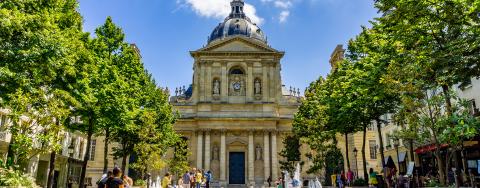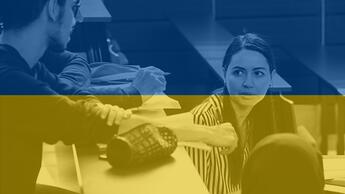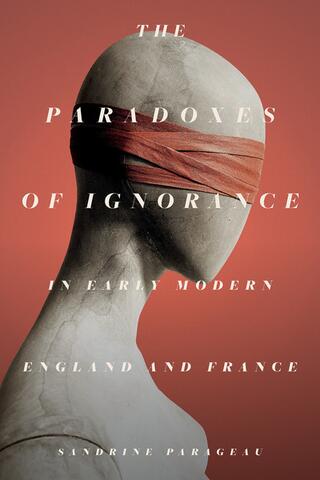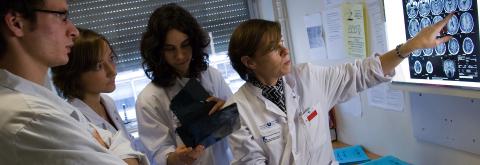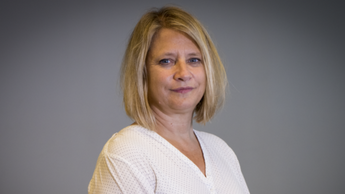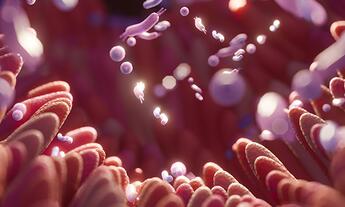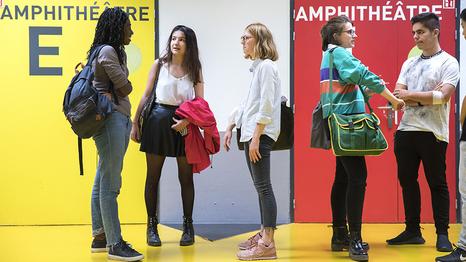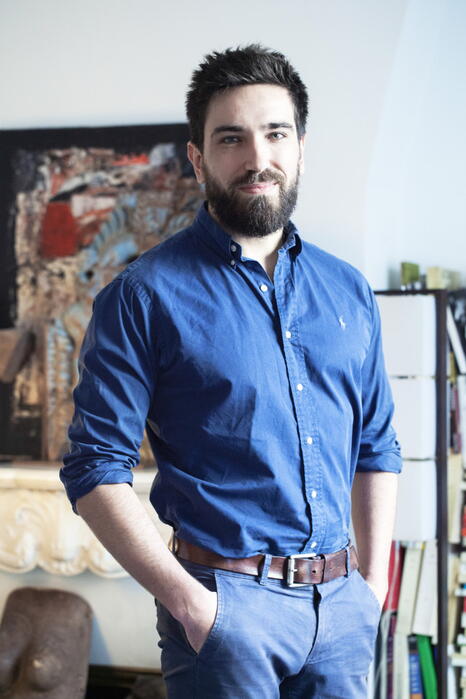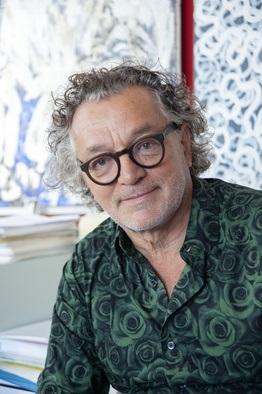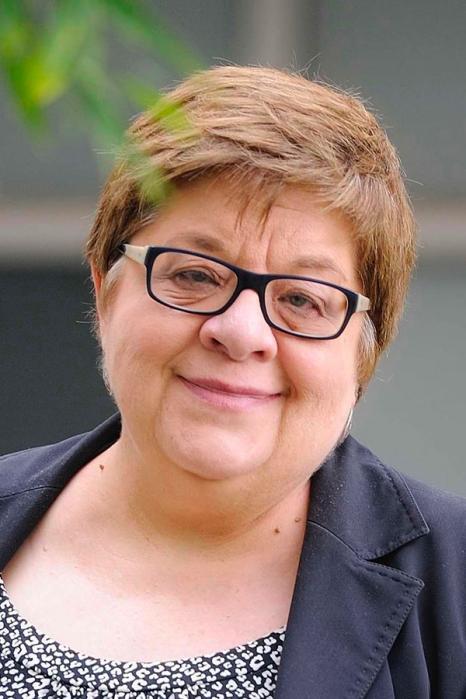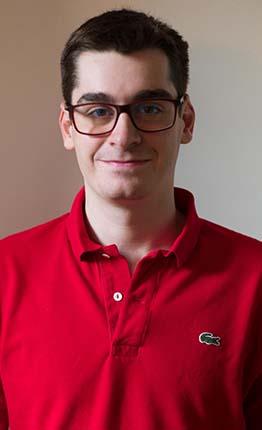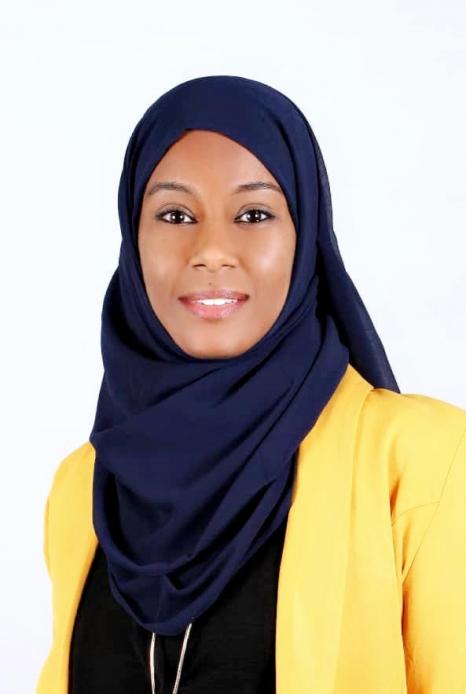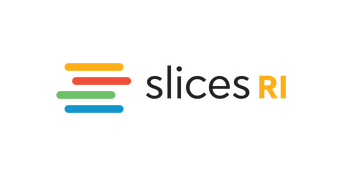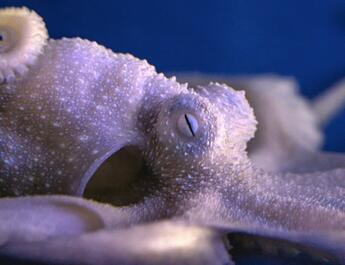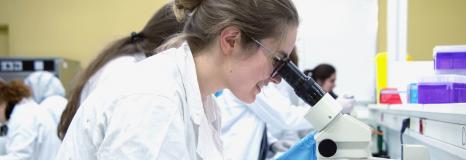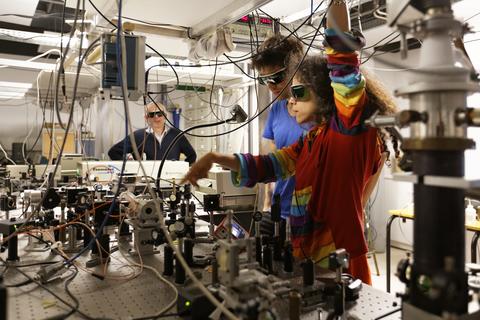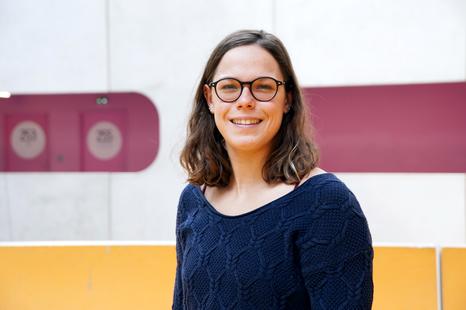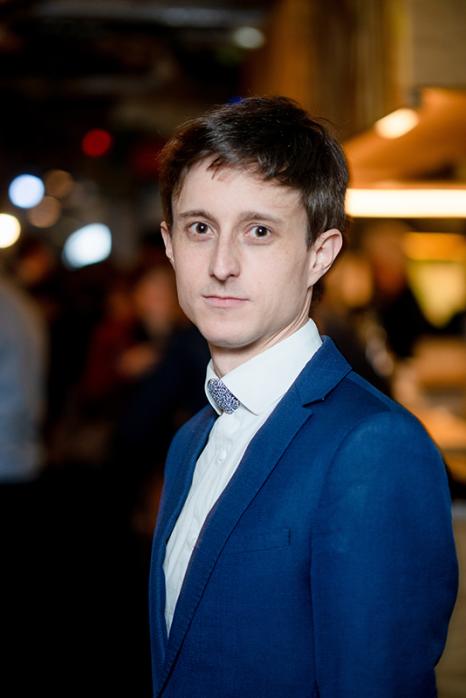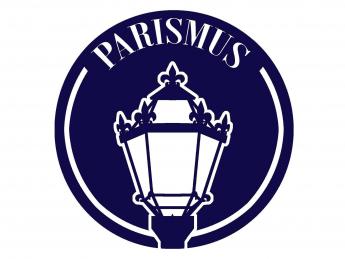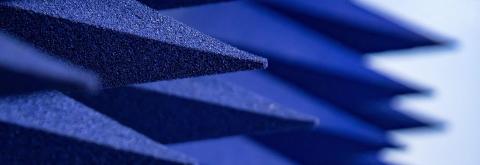
Jean-Philip Piquemal
Chemist and specialist in quantum computing
The goal of Qubit Pharmaceuticals is to treat people. We are trying to find outlets for our PhD students and to test on a large scale the technology we were developing in the theoretical chemistry laboratory.
Jean-Philip Piquemal is the director of the Theoretical Chemistry Laboratory (Sorbonne University/CNRS) and specializes in the modeling of biological systems applied to pharmacy and medicine. With the start-up Qubit Pharmaceuticals, which he launched in 2021, this hard science enthusiast is pursuing the dual objective of accelerating the discovery of new drugs and decompartmentalizing scientific research.
For a science from outside of the box. Located at the crossroads of physics, chemistry and computer science, Jean-Philip Piquemal is not a researcher cloistered in his laboratory. While he has been heading the Laboratory of Theoretical Chemistry (LCT) since 2019, a joint unit supported by Sorbonne University and the CNRS, he set up his own company, Qubit Pharmarceuticals, in 2020, with which he intends to revolutionize the design of new drugs using super-powerful computers. And also to build bridges between academia and industry.
"I am a resistant bacterium"
Jean-Philip Piquemal, 46 years old, defines himself above all as a pure university product. After a scientific baccalaureate at the Marcelin Berthelot high school in Saint-Maur des Fossés, he became interested in chemistry and then physics during a course at the University of Paris-Est-Créteil-Val-de-Marne. "I was clearly a scientist, but historically I was more interested in biology. But then it bothered me a bit, so I got closer to the hard sciences. First chemistry and then physics," he says from his office on the Pierre and Marie Curie campus in Paris.
In 2000, he joined Sorbonne University, called the University of Paris 6 at the time, to study theoretical chemistry before going on to do a thesis. The idea was to see if we could model biological systems at high resolution," says Jean-Philip Piquemal. At the time, the answer was no. But we were still trying to build quantum chemistry models to model biological systems, with the idea of going into pharmaceuticals later on if we managed to make predictions.
With his doctorate in hand, he emigrated in 2004 to the National Institute of Environmental Health Sciences (NIEHS), a center of the NIH, the American equivalent of Inserm, located in North Carolina, before returning to France two years later. "I didn't go to an elite school, so my profile is a little different than most of my colleagues here. I'm a resistant bacterium that survived public university," laughs the scientist.
A discipline at the crossroads
Back at Sorbonne University, where he obtained a position as an associate professor, he continued his research in theoretical chemistry at the same time as his career. Theoretical chemistry was defined in the 1930s, at the crossroads of the two fields and experienced a real boom in the second half of the 20th century with the increase in computing power of computers. "It is a branch of chemistry and physics that uses Schrödinger-type equations to calculate the interactions between atoms," explains Jean-Philip Piquemal.
In 2020, this computer science enthusiast launched Qubit Pharmaceuticals with four other scientists, including chemist Louis Lagardère, also a researcher at Sorbonne University, with the goal of accelerating the discovery of new drugs. "The goal is to treat people," insists Jean-Philip Piquemal. "We are trying to find outlets for our PhD students and also to test the technology we were developing at the LCT on a large scale.
"I won't quit my job as a researcher"
The startup, which now has about 50 employees, raised €16 million last year to expand its cancer research. "Qubit will continue to grow, to develop its capacity to push drugs to the end of the preclinical phase and to interact with the academic world to be as advanced as possible," adds Jean-Philip Piquemal.
For Piquemal, the worlds of research and industry are linked. "There are several Sorbonne University labs that manage to get out of the box. I doubt that a company like Qubit would have developed anywhere else but here. I think it's more of a safe haven," says Jean-Philip Piquemal. He adds, "I've decided to stay at the university. I will not leave my job as a researcher. I have an attachment to research."


